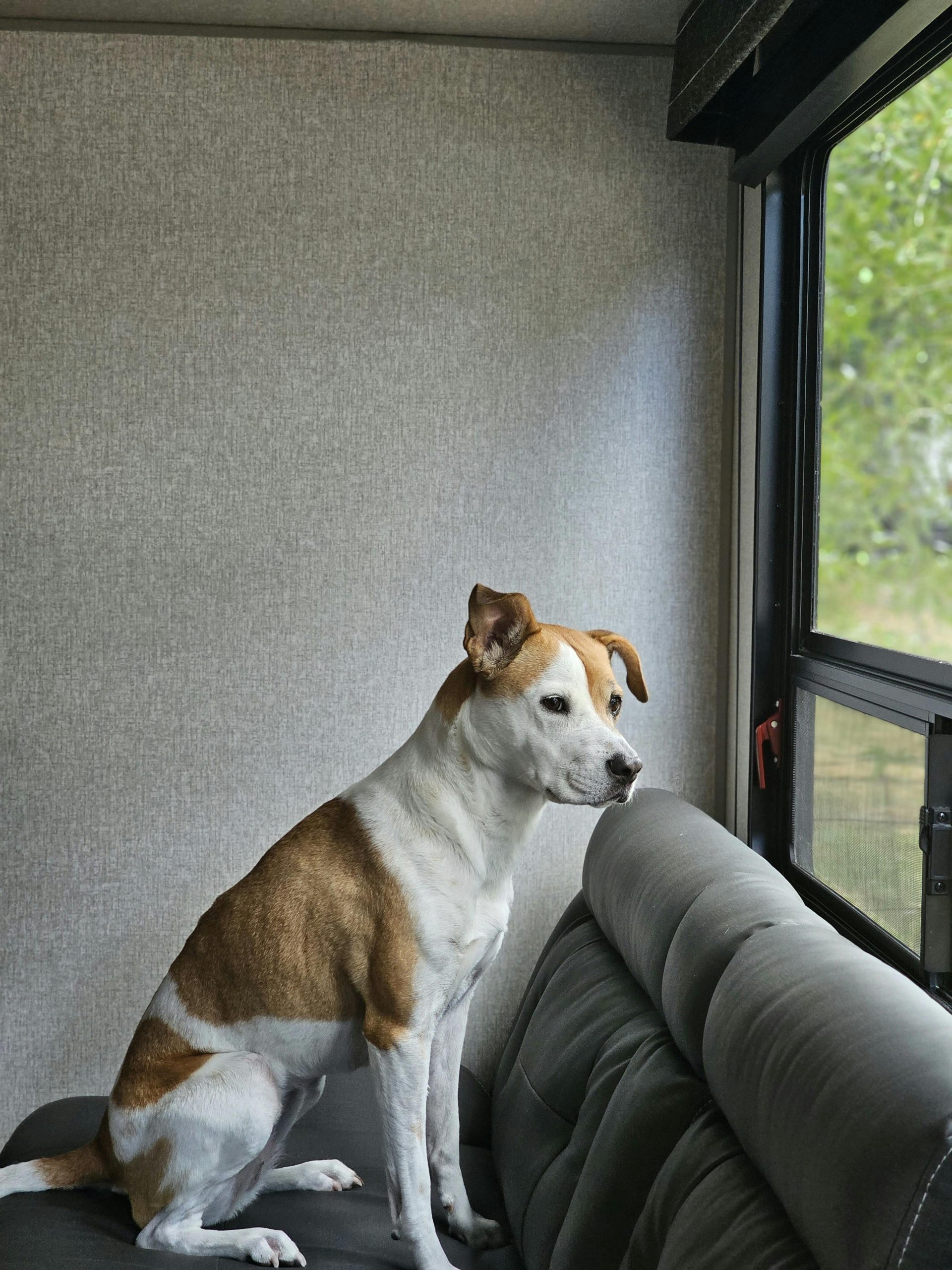Commercial General Liability vs. Garage Policy Insurance
I’m in the process of starting a mobile RV trailer repair business in Alberta, Canada, and I’m currently working on getting commercial insurance. My broker is contemplating whether I need a garage policy or if general liability insurance will suffice and is obtaining quotes without the garage policy for now.
From my understanding, a garage policy is specifically designed for situations where a customer’s vehicle is in my possession, such as when it’s in my workshop or on my lot, being test-driven, or transported. Essentially, it covers any time I have a customer’s vehicle without the owner present.
The services I’ll be providing include carpentry, plumbing, electrical work, propane line installations, roofing, window replacements, and flooring—essentially all the repairs one might do in a home, but on an RV. Most of my work will take place with the customer present, typically at campgrounds or their residences. Additionally, many of the trailers I service aren’t even registered as vehicles since they’re located on permanent lots and don’t move.
Given this situation, do I actually need a garage policy?




It sounds like you’re making thoughtful considerations for your mobile RV trailer repair business. Based on the nature of your work, a garage policy may not be necessary for your specific operations. Here are a few things to consider:
Customer Vehicles in Your Care: As you correctly mentioned, a garage policy is typically designed for businesses that have customer vehicles in their care, custody, or control. If you’re primarily working at the customer’s location and don’t have vehicles on your premises or do not transport them, you might not need this coverage.
Scope of Work: Since you’re providing services like carpentry, plumbing, and electrical work with the customer present, your risk exposure seems to be more aligned with general liability concerns. General liability insurance would typically cover bodily injury and property damage related to your work.
Permanent Lots: Since many of the trailers you service are on permanent lots and may not even be considered vehicles, this further diminishes the necessity for a garage policy. Garage policies are more relevant to businesses that regularly handle and store vehicles.
Consulting with Your Broker: It might be beneficial to clearly communicate your business operations to your insurance broker. They can then better assess your risks and help you determine whether general liability insurance alone suffices, or if additional coverage might be necessary based on your unique situation.
Additional Coverage: Consider other types of coverage that might be relevant, such as equipment insurance (for tools and equipment you use on the job) or professional liability insurance (in case of claims related to your workmanship).
In summary, given your business model and the nature of your work, general liability insurance may very well be all you need. However, it’s always a good idea to have a detailed discussion with your broker to clarify your specific needs and to ensure you have comprehensive coverage.